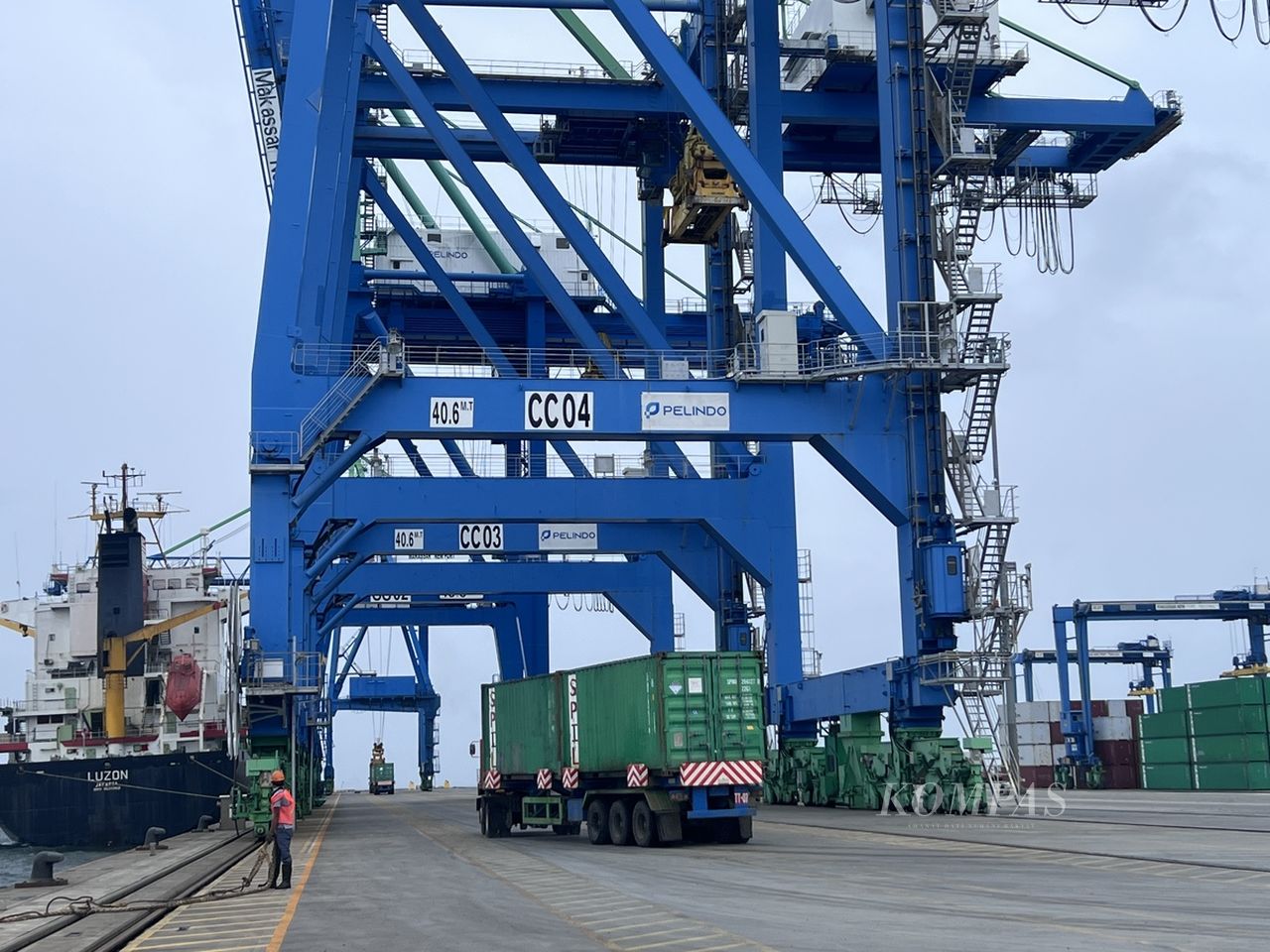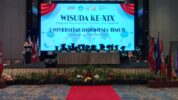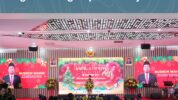Indonesia Rejects Protectionism Despite Global Economic Challenges
Minister of Finance Sri Mulyani Indrawati highlighted the potential shifts in U.S. economic policy under Trump, including corporate tax cuts, expanded government spending, and a possible extension of import tariffs. Sri Mulyani warned that countries like Vietnam and other ASEAN members could face new tariffs as the U.S. seeks to impose stricter trade policies on foreign nations. She expressed concern about these developments and their potential impact on regional trade dynamics.
In addition to trade concerns, Sri Mulyani noted that Trump might push for a ceasefire in ongoing global conflicts, such as the Russia-Ukraine war. However, she also cautioned that the U.S. administration’s stance on climate change could change, especially given Trump’s previous emphasis on increasing fossil fuel usage to boost the U.S. economy. This shift, she warned, could affect global energy prices and impact sectors such as electric vehicles (EVs).
While the U.S.’s shift towards protectionism and possible policy changes pose challenges for global trade, Indonesia is focused on fostering a resilient economy that can navigate these turbulent times. Rachmat Pambudy assured that Indonesia’s strategic direction will not change, despite external pressures. The government remains committed to fostering international partnerships that will support sustainable growth.
Indonesia’s economic planning under the leadership of Bappenas aims to balance global economic forces with national interests. The country is preparing for future challenges by focusing on resilience and maintaining competitiveness in the global market. Despite the uncertainties of global trade, Indonesia will continue advocating for policies that promote both national development and international cooperation.



























Tinggalkan Balasan